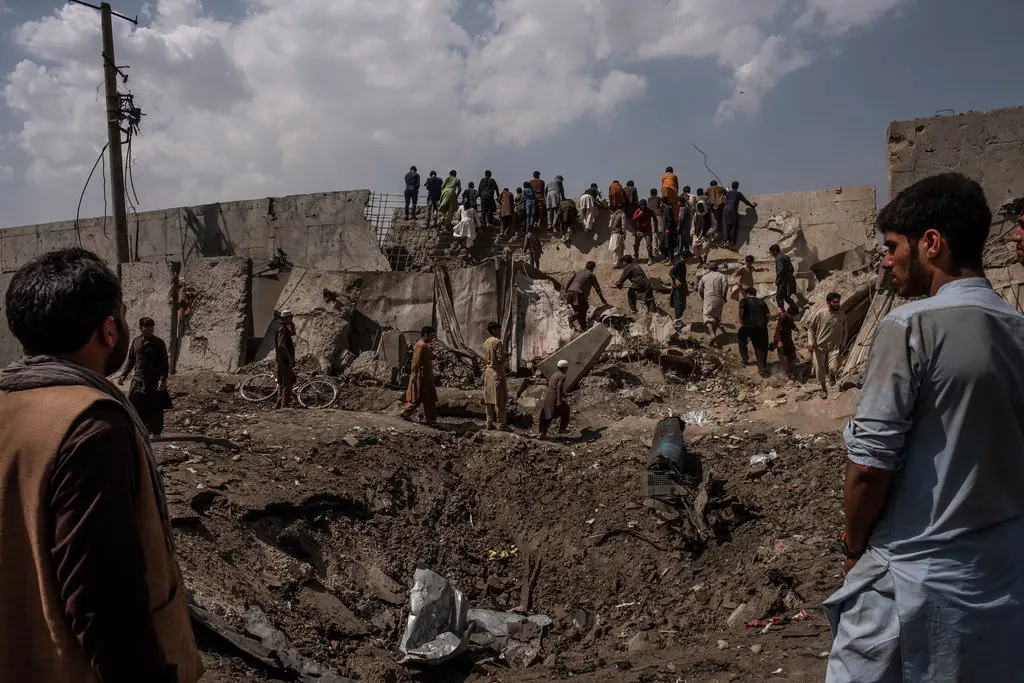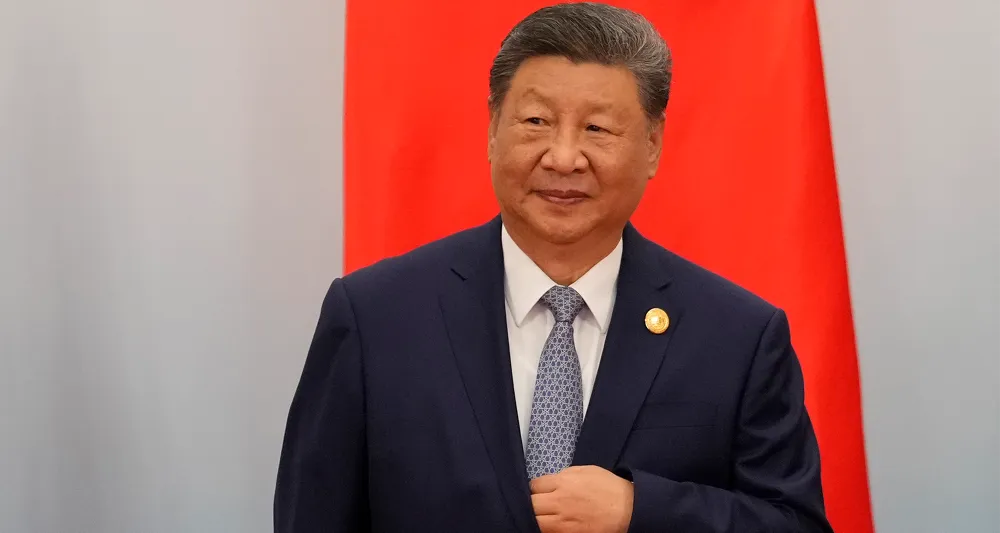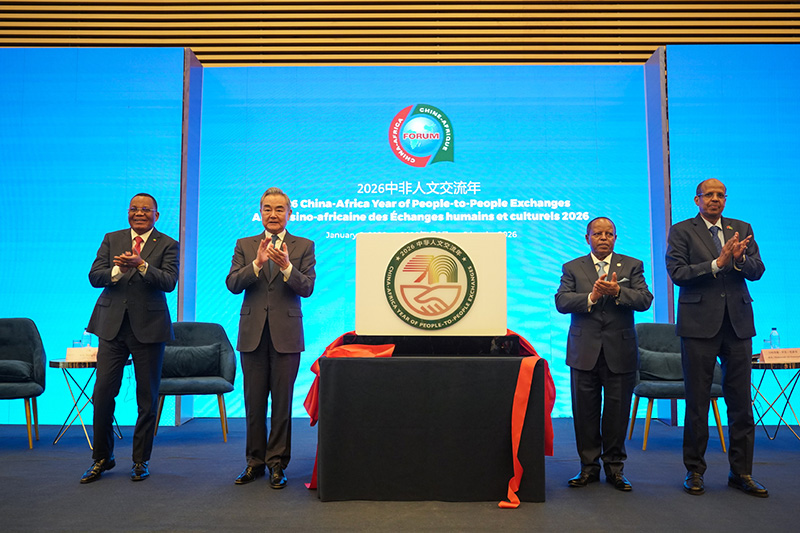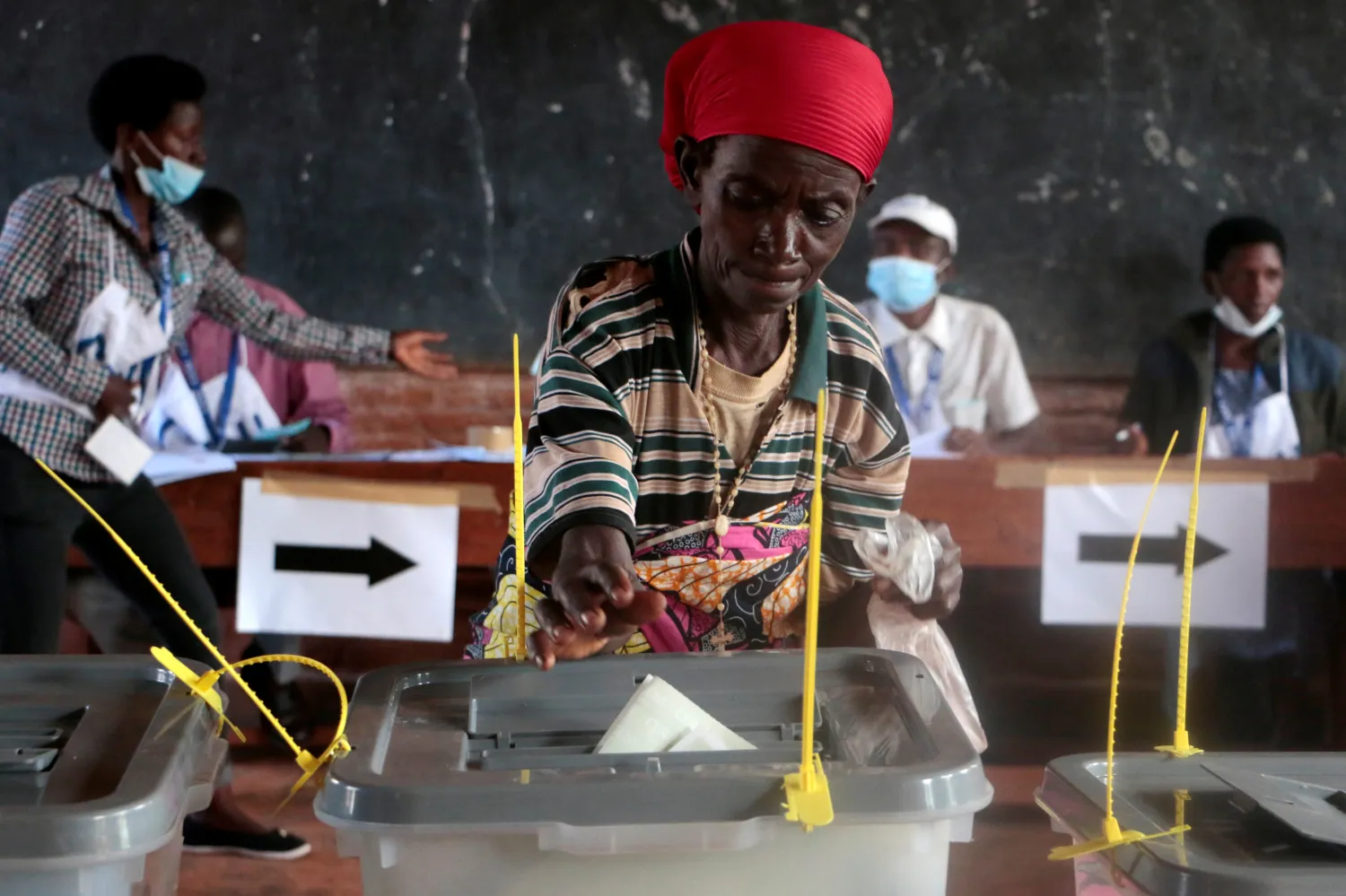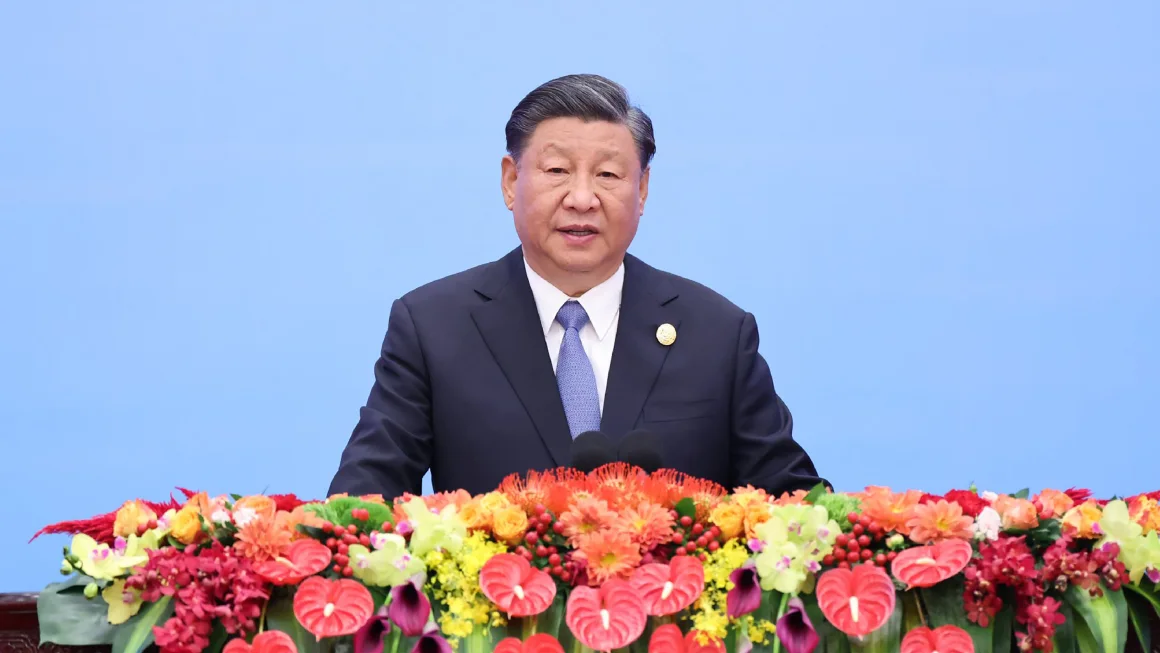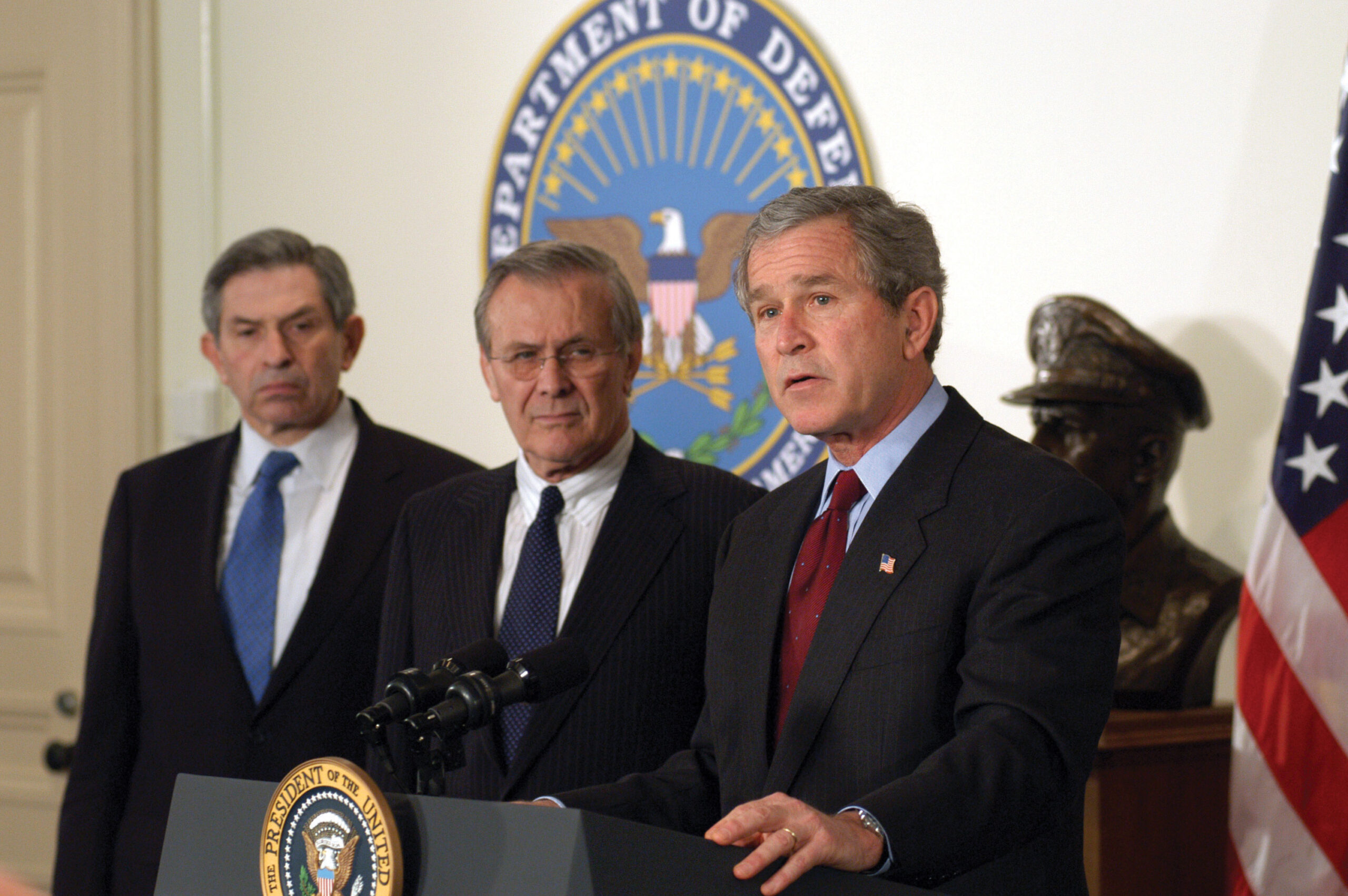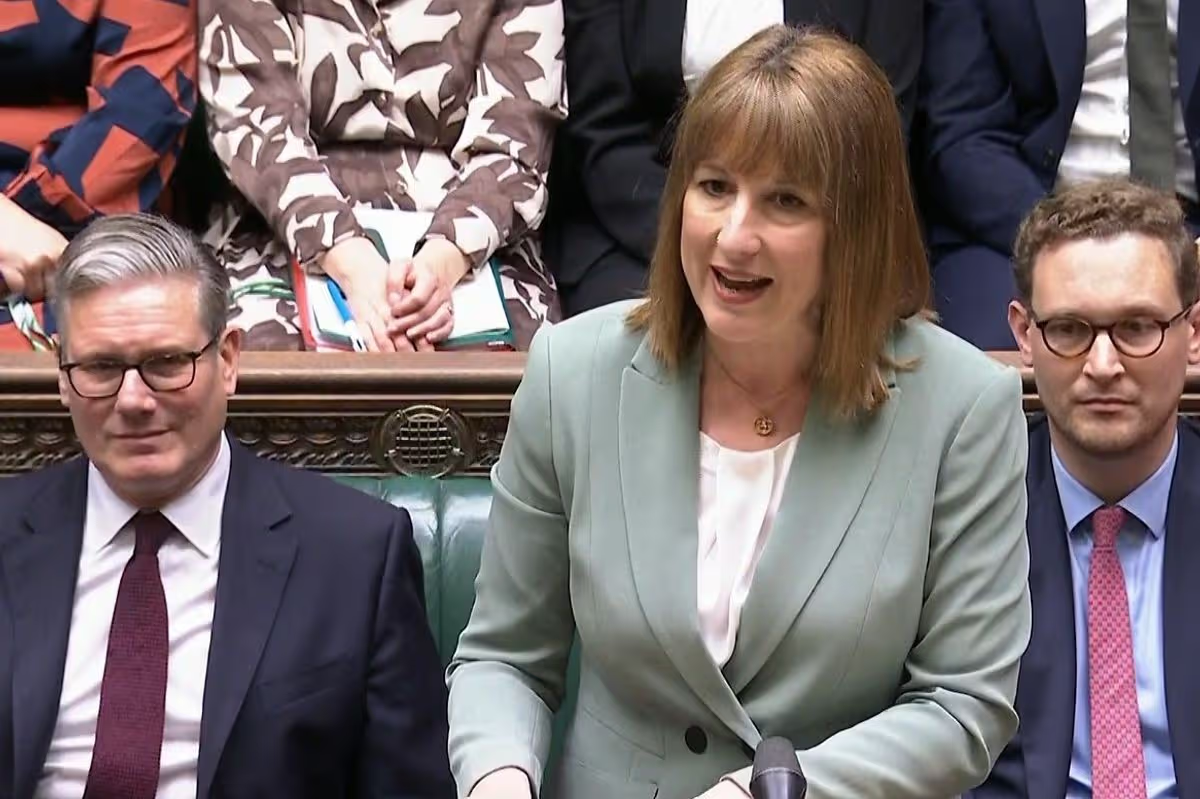The power struggle between Biden vs. Congress has reached a defining moment in 2025. As Washington grapples with deep partisan divisions, the standoff over spending, taxation, and federal priorities is beginning to reshape both the political and economic fabric of the nation.
With the administration pushing forward on key issues like climate investment and healthcare funding and Congress pushing back on budget allocations the standoff has become more than political theater; it’s a test of governance in an era defined by division.
The Background: How Biden vs. Congress Came to a Head
Since the start of 2025, Biden vs. Congress has become a symbol of America’s fractured political system. The President’s agenda, focused on infrastructure, green energy, and economic equity, faces relentless opposition from lawmakers demanding fiscal restraint and deficit reduction.
What began as debates over budget priorities has evolved into a full-blown policy battle. With Congress divided, passing major legislation has become nearly impossible, leading to stalled bills and growing frustration among voters and business leaders alike.
This political tug-of-war has put Washington in gridlock, leaving the future of several key programs uncertain and testing the limits of executive power.
Economic Fallout: When Politics Meets Policy
The Biden vs. Congress standoff is not just about ideology; it’s about economic survival. Prolonged policy paralysis affects federal budgets, private investments, and market confidence.
Businesses dependent on government contracts or federal grants are already feeling the pinch. Infrastructure projects are delayed, while social programs face funding gaps. Economists warn that persistent deadlock could undermine GDP growth and slow job creation.
In short, political tension has real-world consequences shaping how America competes in a rapidly shifting global economy.
Impact on American Households
For everyday Americans, the Biden vs. Congress stalemate means uncertainty. Will tax breaks be renewed? Will funding for public education or healthcare expand or shrink?
The lack of clear policy direction has created confusion for workers, retirees, and small business owners trying to plan for the future. Inflation remains a lingering concern, and without coordinated fiscal policy, stabilizing prices may become even harder.
This disconnect between Washington and Main Street highlights the growing frustration among citizens who feel caught between political gamesmanship and real economic challenges.
Political Stakes: Beyond 2025
The consequences of Biden vs. Congress extend far beyond this year. With the 2026 midterm elections approaching, both sides are working to frame the narrative. Democrats portray Biden’s agenda as one of progress and fairness, while Republicans argue for restraint and fiscal discipline.
The result is an intensifying battle for public opinion one that will shape voter turnout, campaign strategies, and potentially the balance of power in Congress.
If no compromise is reached, the next year could see not only legislative stagnation but also deeper public mistrust in government institutions.
The Path Forward
Despite the division, there are signs of potential cooperation. Lawmakers from both parties acknowledge that America cannot afford endless political stalemate. Bipartisan negotiations on infrastructure, tax reform, and defense spending could pave the way for limited but meaningful progress.
Ultimately, resolving the Biden vs. Congress standoff will require more than policy deals it will demand a cultural shift toward dialogue and accountability. Whether that happens will determine not just the success of the Biden administration, but the stability of American democracy itself.
Conclusion
The clash between Biden vs. Congress is shaping more than Washington’s headlines it’s redefining how America governs itself. As both sides struggle for control, the outcome of this standoff will influence everything from the economy to global diplomacy.
In a time when unity feels elusive, this confrontation serves as a reminder that political cooperation is not a luxury it’s a necessity for national progress. Whether Washington can rise above partisan lines will determine the legacy of 2025 and beyond.
